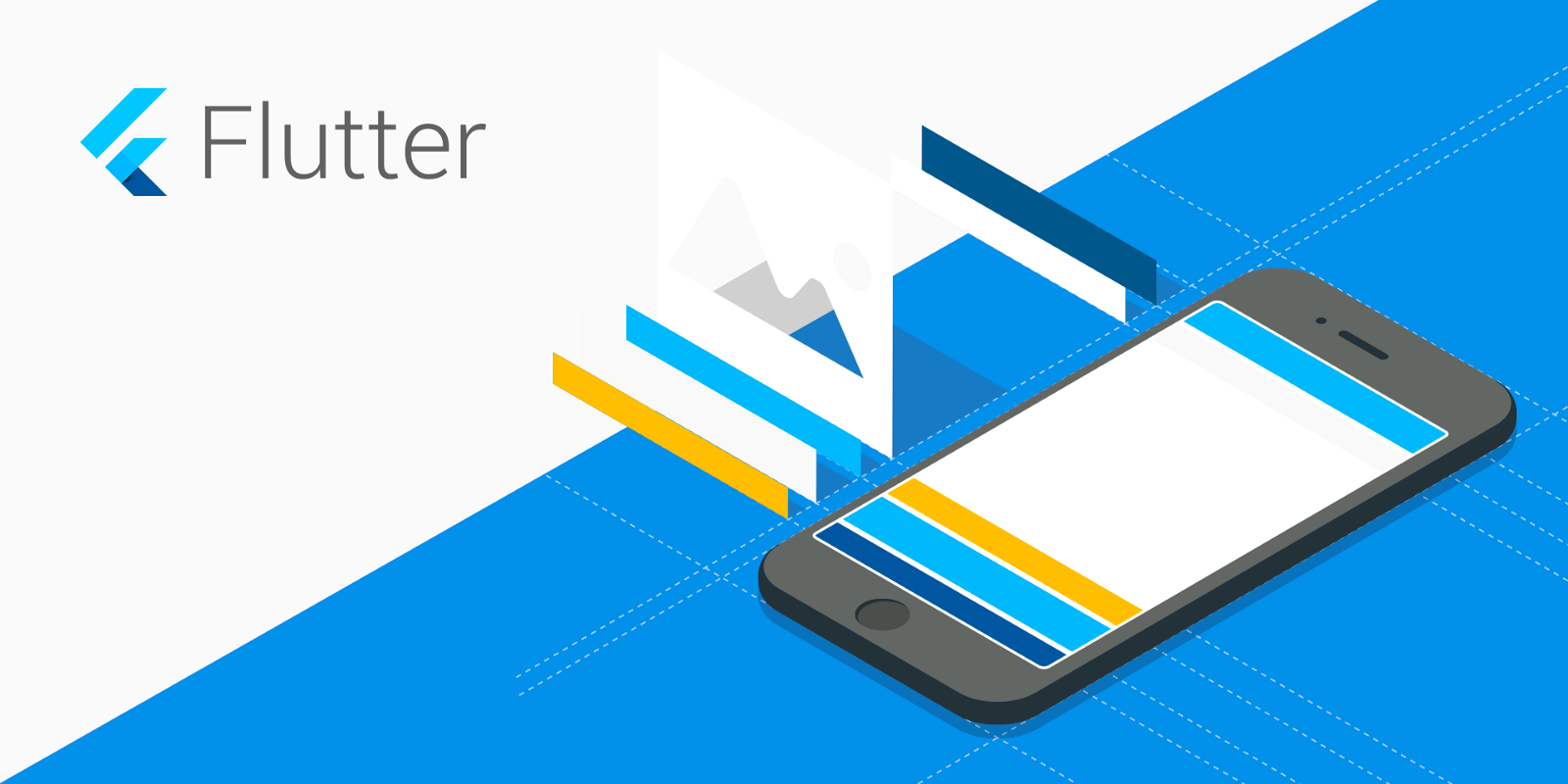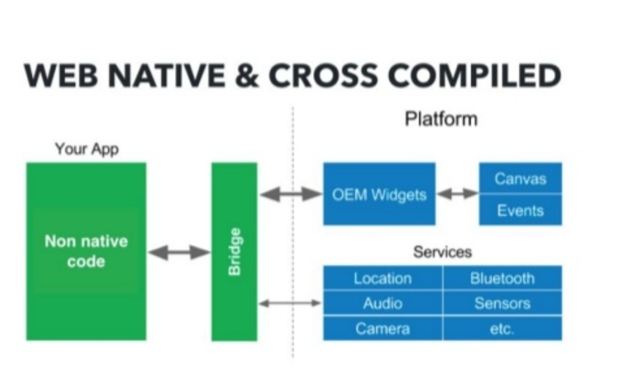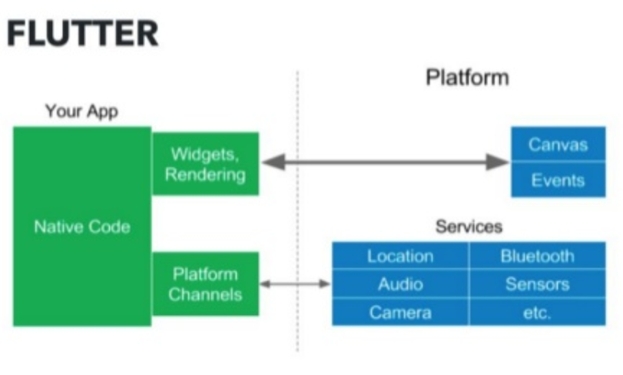Get
in touch
Thank you for your interest in TechieDoods and our services. Please feel free to contact us with any questions that you might have. We will be glad to hear from you!
Application developers now have a plethora of cross-platform frameworks to choose from. Despite having many options to pick from there is no single framework that ticks all the right boxes. Keeping this in mind when we talk about any cross-platform framework, the first thing that we usually question about is the performance of the hybrid framework compared to the native platform. That’s where Googles very own platform Flutter comes into play where it provides quick development coupled with the native performance which is consistent over all platforms, despite being a new player in the cross-platform framework what Flutter offers seems to be promising.

I am a rookie developer who was relatively new to mobile application development a year back.
What do people of one mind would do when practising a new tech? Yes, create a Hello, World application which I did on native Android.
Wait, So should I make the same application again in iOS platform? Well, not anymore, that's where we use Flutter which maintains performance and quality of visuals across platforms using a single codebase.
Flutter is a free and open-source mobile UI framework created by Google and released in May 2017 which uses Dart programming language which is novel to flutter.
With Flutter all you need is a single codebase for all platforms with its fast-growing community support lets see what Flutter has to offer!.
Most of the cross-platform frameworks offer the essentials to get the job done but let's take a deep dive of what makes Flutter a class apart from its competitors.
There are many reasons where Flutter has the upper hand in development time compared to other frameworks, to name a few.
Anything you see or create in Flutter will be a widget, and we can place a widget inside a widget and so on.
Using this type of UI structure will provide the same rich animations, transitions and experience across all platforms.
Flutter offers a variety of native widgets and widget building features where we can customise the existing widget or build a widget of our own.
Due to this structure, we have a flexible and modular coding style which is easy to maintain and update.
The amount of effort required to customise a widget is less compared to other cross-platform frameworks.
General cross-platform which used Javascript that compiles using JIT ( Just In Time) compiler doesn't provide a smooth user experience across platforms. In contrast, Flutter is AOT (Ahead Of Time) compiled which provides a much more seamless native experience.
Generally, the performance of applications built with Flutter framework is excellent compared to other cross-platform frameworks.
Do you ever wonder why every blog or article mentions that Flutter is a well-designed framework? Because it is.
From the programming language used, rendering engine and application structure Flutter excels at most if not all the aspects compared to other cross-platform frameworks.
One of the main contributors to this is the readily available examples, and well put documentation and community support.
These are some of the advantages of flutter, should we use Flutter for all the development from now on? Let’s see about that.
Well, there aren’t any direct disadvantages of Flutter compared to other cross-platform frameworks per se, but we can name a few as follows.
The verdict? If you are switching from native mobile development or cross-platform framework, the experience that Flutter provides will be surreal.
Should we use Flutter in all future projects? It’s not the ultimate framework to consider yet. Still, it’s worth taking into considerations keeping in mind the low risk and Flutter is the framework that can deliver a functional application across platforms within a short period.


Do you want to compare Flutter to its competitors like Xamarin, React Native etc., well its a topic for another day!.
Thank you for your interest in TechieDoods and our services. Please feel free to contact us with any questions that you might have. We will be glad to hear from you!